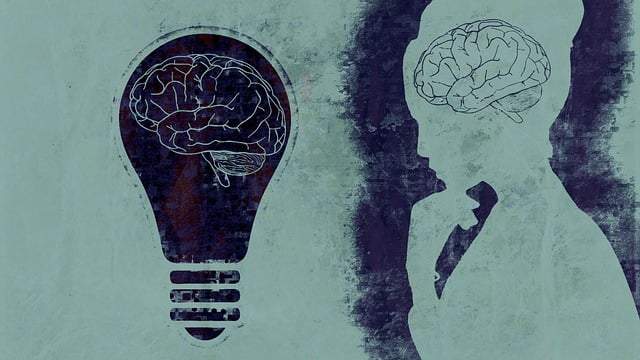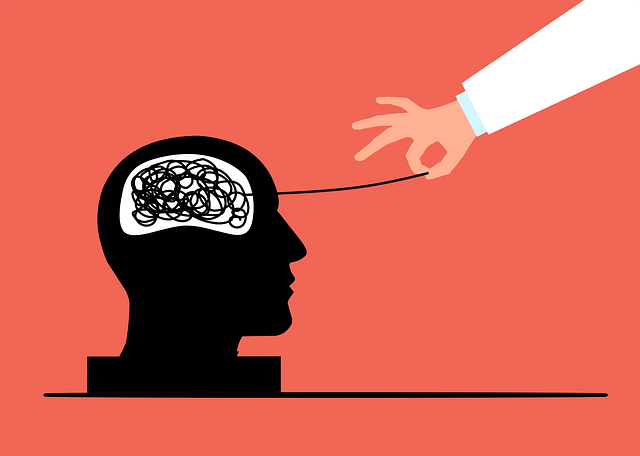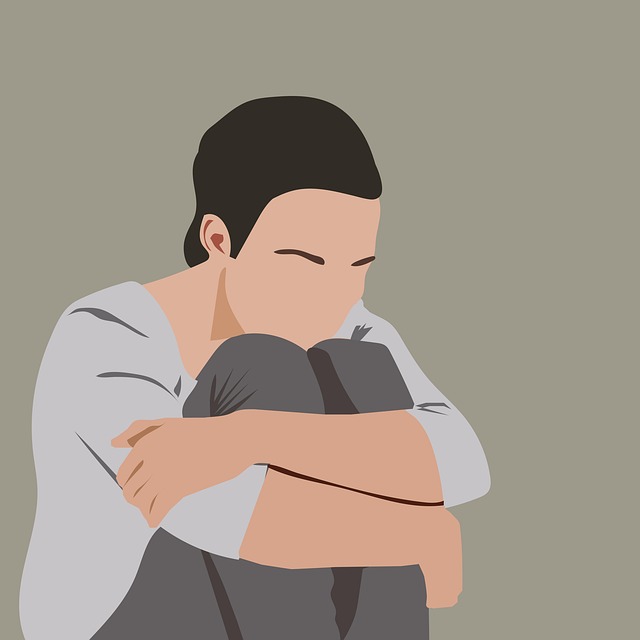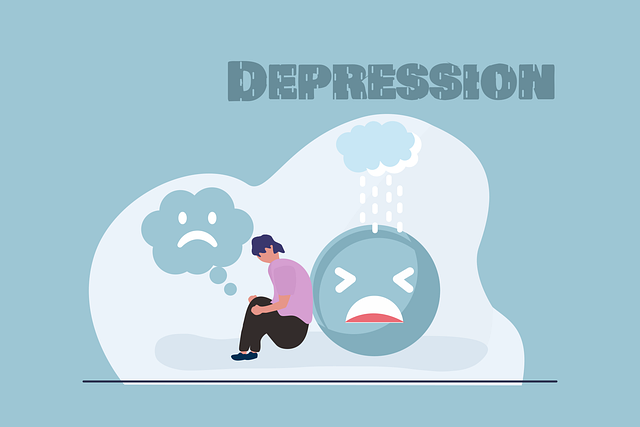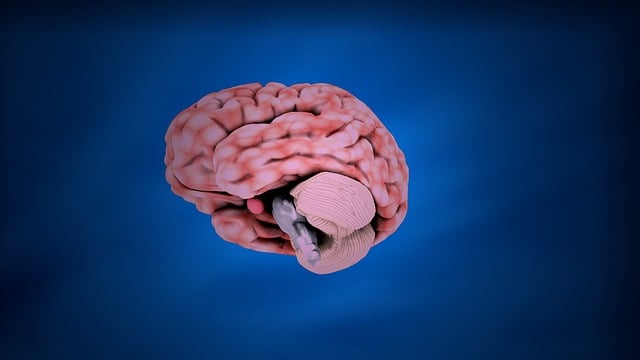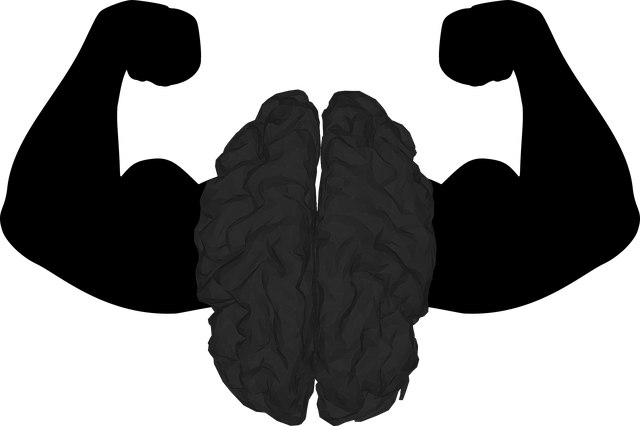Implementing RFM (Resilience, Flexibility, Mindfulness) in therapy for young adults with developmental disabilities is a transformative approach that leverages Mind Over Matter philosophy. This holistic method equips individuals with effective coping strategies to manage stress and navigate challenges, enhancing emotional stability and mental wellness. Resilience-building exercises, integrated into therapeutic processes, empower participants by teaching adaptability and fostering personal growth. Community outreach programs reinforce learning and promote social integration, improving overall quality of life. Real-life success stories highlight the effectiveness of RFM in addressing developmental disability concerns, contributing to mental health initiatives including self-care routine development and public awareness campaigns.
“Resilience, a key factor in navigating life’s challenges, is particularly crucial for young adults with developmental disabilities. This article explores the powerful combination of RFM (Resilience, Flexibility, and Mobility) training and its profound impact on this demographic. We delve into how structured resilience-building exercises enhance therapeutic processes, improve quality of life, and foster independence in young adults with developmental disabilities. Through a multi-faceted approach, we uncover strategies for designing effective resistance programs tailored to their unique needs.”
- Understanding RFM and Its Impact on Young Adults with Developmental Disabilities
- The Role of Resilience Building Exercises in Therapeutic Processes
- Designing Effective Resistance Training Programs for This Population
- Real-Life Success Stories: How RFM Enhances Quality of Life
Understanding RFM and Its Impact on Young Adults with Developmental Disabilities

Understanding RFM—Resilience, Flexibility, and Mindfulness—is crucial for fostering mental wellness among young adults with developmental disabilities. This approach, centered around the Mind Over Matter principles, equips individuals with strategies to navigate challenges and enhance their overall well-being. By integrating resilience-building exercises into therapy for young adults with developmental disabilities, professionals can help them develop coping mechanisms that promote stress management. These workshops encourage participants to explore their emotions, cultivate a sense of self-efficacy, and learn to adapt to life’s unpredictable nature.
The impact of RFM is profound, enabling young adults to better manage the unique stressors they encounter. Through structured activities and practices, they gain tools to regulate their responses during difficult situations, fostering both emotional stability and resilience. Moreover, these exercises contribute to a holistic approach in therapy for young adults with developmental disabilities, focusing not just on coping but also on personal growth and enhanced mental wellness.
The Role of Resilience Building Exercises in Therapeutic Processes

Resilience building exercises play a pivotal role in therapeutic processes tailored for young adults with developmental disabilities. These activities are designed to equip individuals with coping mechanisms and adaptive strategies, fostering an enhanced sense of self-efficacy and emotional well-being. By integrating mind over matter principles, therapy sessions transform challenges into opportunities for growth. Participants learn to navigate life’s hurdles with resilience, building on their inherent strengths and acquiring new skills to manage stress, anxiety, and other mental health concerns.
Community outreach program implementations further bolster the impact of these exercises by providing real-world contexts for practice. Through collaborative efforts with local communities, young adults gain practical experience applying their therapeutic tools in diverse settings. This holistic approach not only reinforces learning but also promotes social integration, improving their overall quality of life and anxiety relief.
Designing Effective Resistance Training Programs for This Population

Designing effective resistance training programs for young adults with developmental disabilities requires a tailored approach that considers both physical and mental health needs. Therapists should focus on exercises that promote strength, flexibility, and coordination while also fostering social interaction and communication skills. Incorporating fun, engaging activities can significantly enhance motivation and adherence to the program. For instance, group exercise classes or team sports can create a supportive environment, encouraging peer-to-peer learning and building resilience through shared experiences.
The goal is not just to improve physical fitness but also to integrate resistance training into a holistic therapy plan that addresses depression prevention and promotes mental wellness. Communication strategies play a vital role in this process; therapists should use clear, simple instructions and positive reinforcement techniques to ensure participants feel empowered and supported throughout their journey. Additionally, leveraging the power of digital tools, like the Mental Wellness Podcast Series Production, can provide accessible resources for continued learning and motivation outside of formal training sessions.
Real-Life Success Stories: How RFM Enhances Quality of Life

Real-life success stories illustrate the profound impact of RFM (Resilience, Flexibility, and Mastery) exercises on young adults with developmental disabilities. These individuals have achieved remarkable progress in their quality of life through structured resilience building programs. By integrating RFM into daily routines, participants have learned to navigate challenges with increased adaptability and emotional regulation.
One such story involves a young adult with autism spectrum disorder who struggled with social interactions and anxiety. Through therapy, they incorporated RFM techniques, including mindfulness exercises and cognitive reframing. Over time, this individual gained confidence in public settings, enhancing their ability to participate in community events and foster meaningful connections. Such success stories highlight the potential of RFM as a therapeutic tool for young adults navigating developmental disabilities, ultimately contributing to broader mental health initiatives like self-care routine development and mental health education programs design, while fostering public awareness campaigns for better support and understanding.
Resilience, as fostered through RFM and tailored resilience building exercises, emerges as a powerful tool in enhancing the quality of life for young adults with developmental disabilities. By integrating these strategies into therapeutic processes, professionals can equip individuals with the coping mechanisms needed to navigate challenges and lead more fulfilling lives. When designed with sensitivity and expertise, resistance training programs can revolutionize support for this population, offering tangible improvements in physical and mental well-being. As evidenced by real-life success stories, implementing RFM in therapy for young adults with developmental disabilities holds immense potential in enriching their daily experiences and fostering a sense of empowerment.
